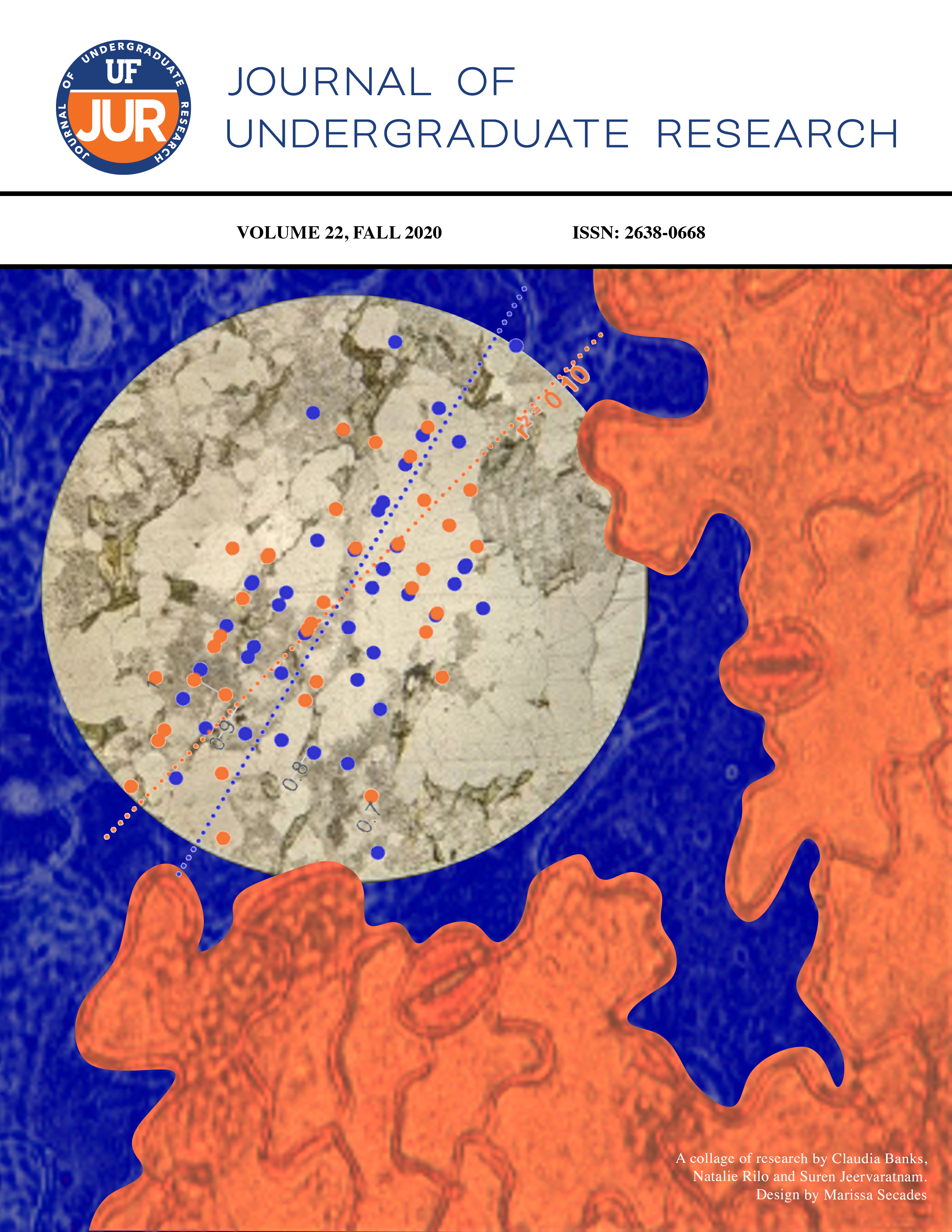Congestion pricing optimization for shared transport
DOI:
https://doi.org/10.32473/ufjur.v22i0.121822Keywords:
shared transport, pricing model, optimization, congestion, traffic assignment, Nash games, user equilibrium, transport optimization, urban transportation systems, road pricing, time cost, traffic networks, drivers decision making, link flows, link costs, elastic demand, fixed demand, social welfare, maximize revenue, minimize travel timeAbstract
This project includes the analysis of transportation systems by mathematically modeling the collective decision making of drivers via Nash games. This paper considers two types of traffic pricing models which capture the implication of pricing on shared transport. Both models follow a game theoretic framework and capture the perspective of private shared transport companies that aim to increase their profit while improving social welfare or users’ time cost. The first model was established for users who vary their routing choices but not their transportation modes when the demand levels are fixed. The second model is more appropriate for companies with users who optimize both their routing and choice of transportation based on the pricing policy of the system where demands are elastic. Two pricing policies can be determined by convex formulations of optimal system traffic assignment problems on simple networks with different origins and destinations. The models also show how pricing affects road users’ decisions under different parameter settings. The numerical results confirmed formulation feasibility and gave insight on how the company can have an impact on both their revenue and time cost by modifying their pricing scheme.
Metrics
Downloads
Published
Issue
Section
License
Some journals stipulate that submitted articles cannot be under consideration for publication or published in another journal. The student-author and mentor have the option of determining which journal the paper will be submitted to first. UF JUR accepts papers that have been published in other journals or might be published in the future. It is the responsibility of the student-author and mentor to determine whether another journal will accept a paper that has been published in UF JUR.

